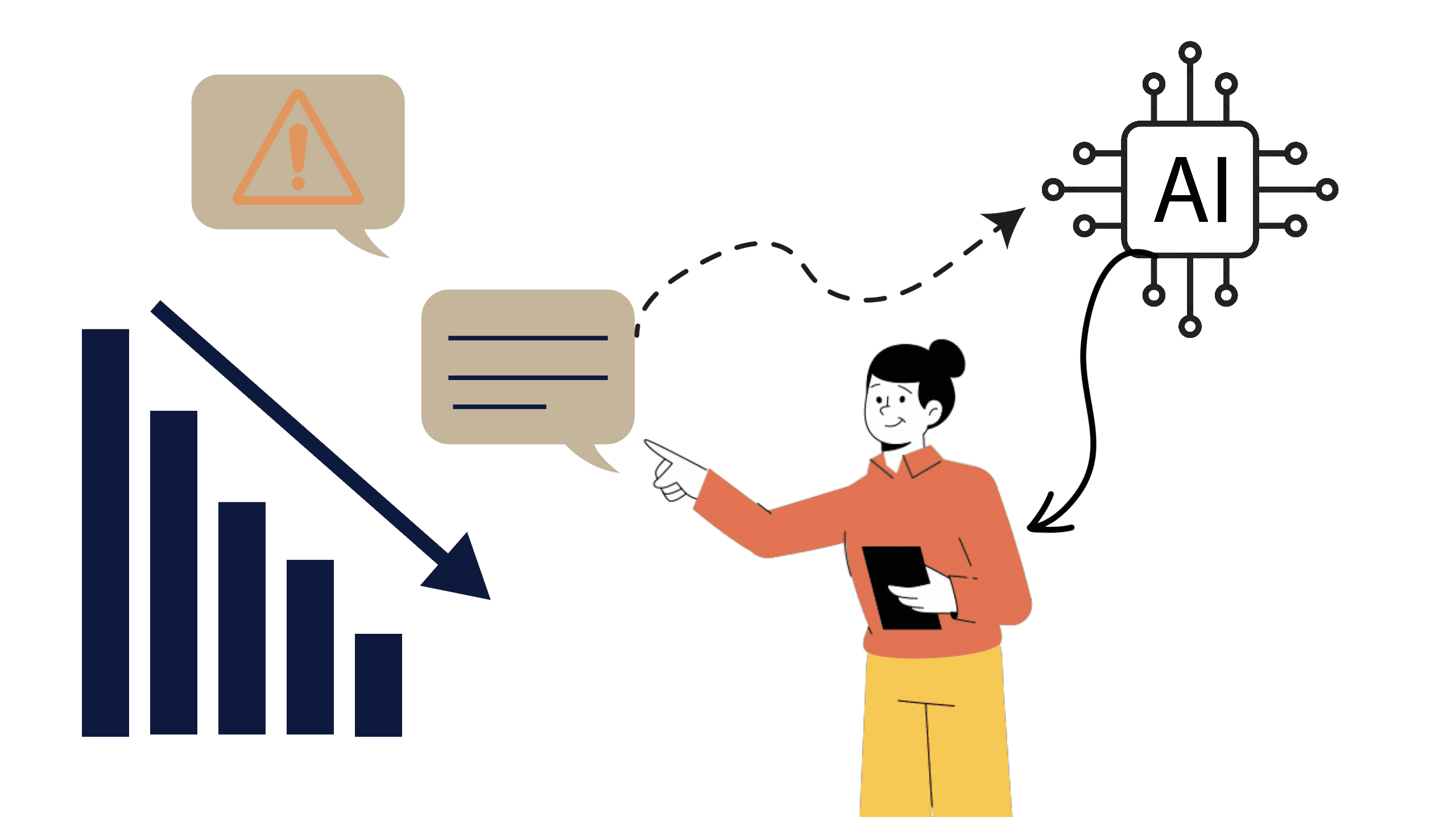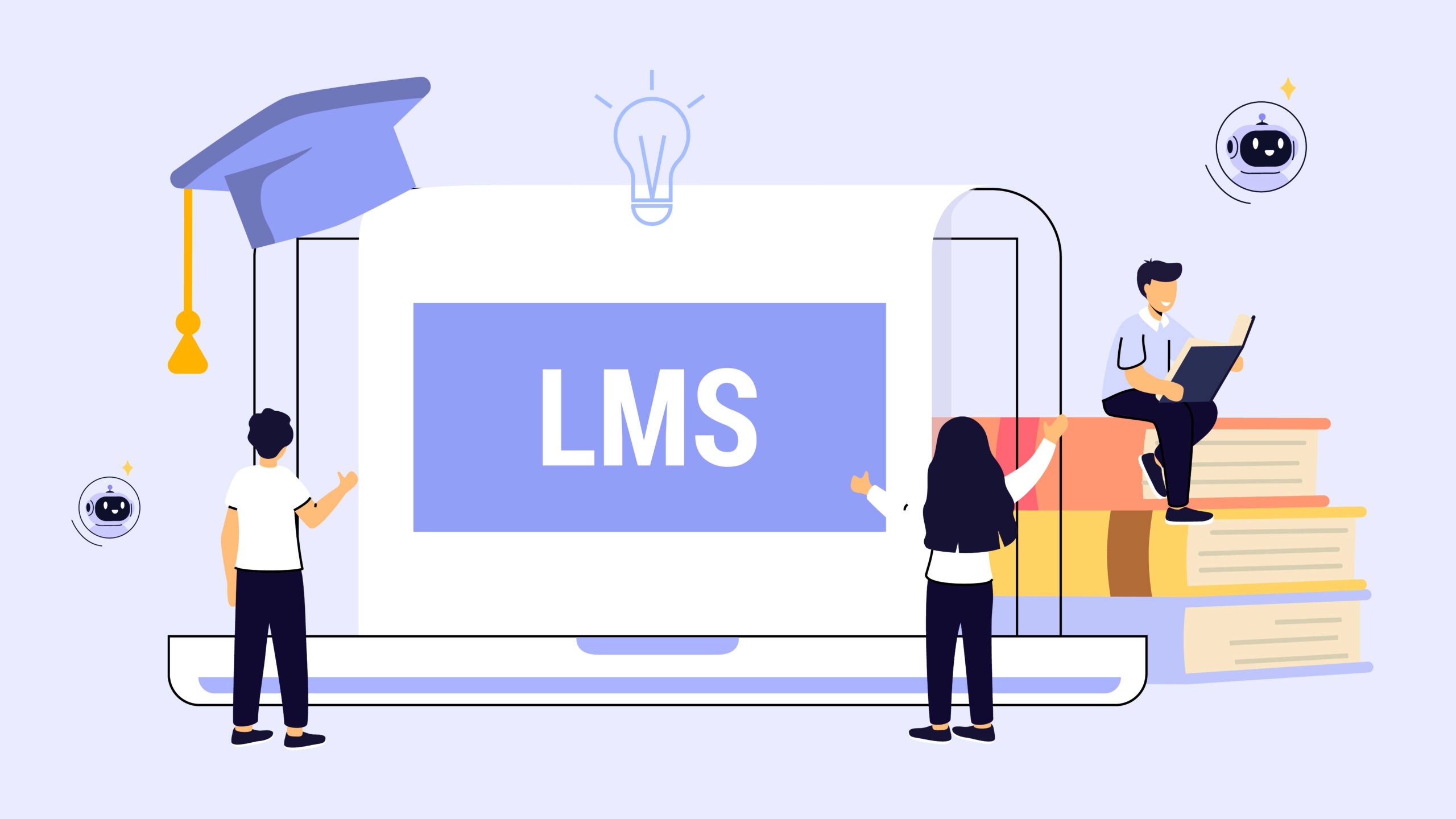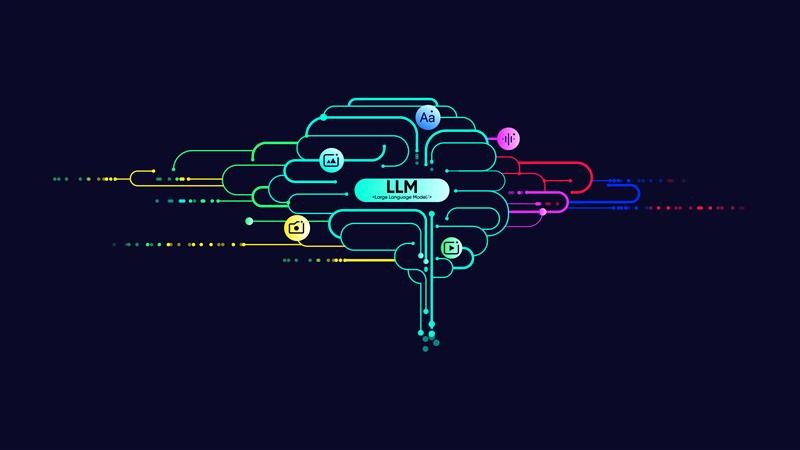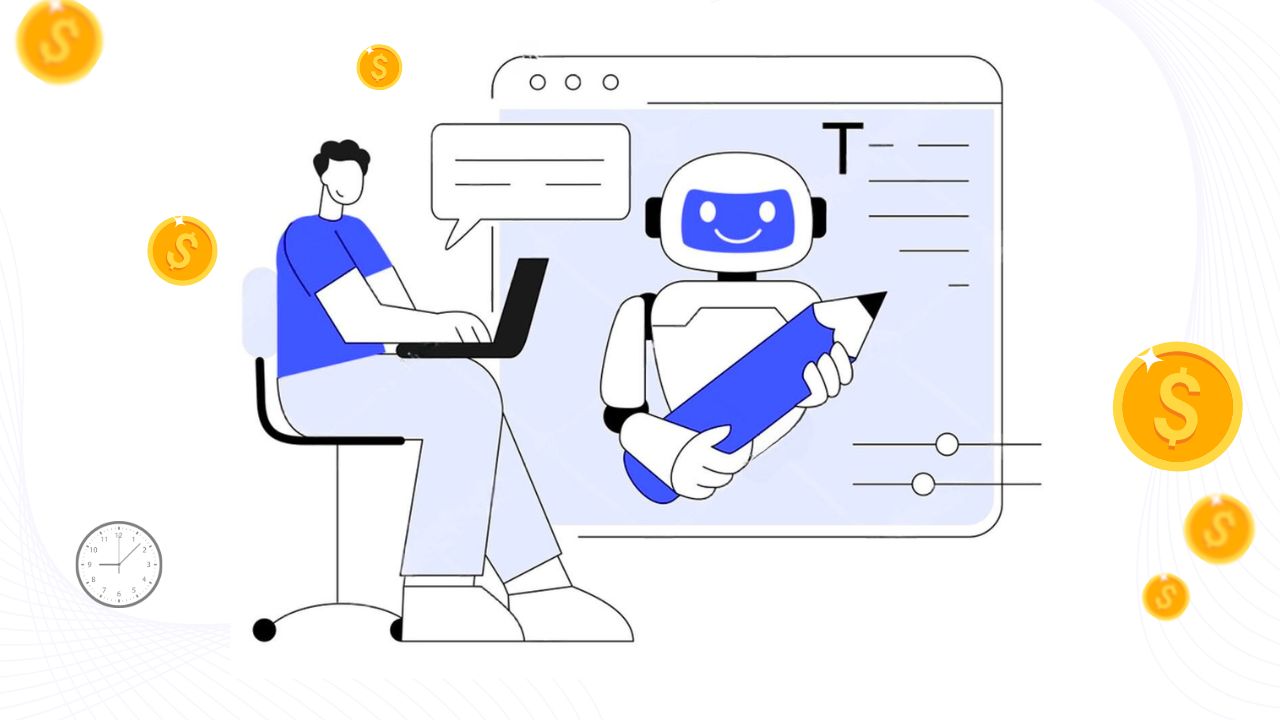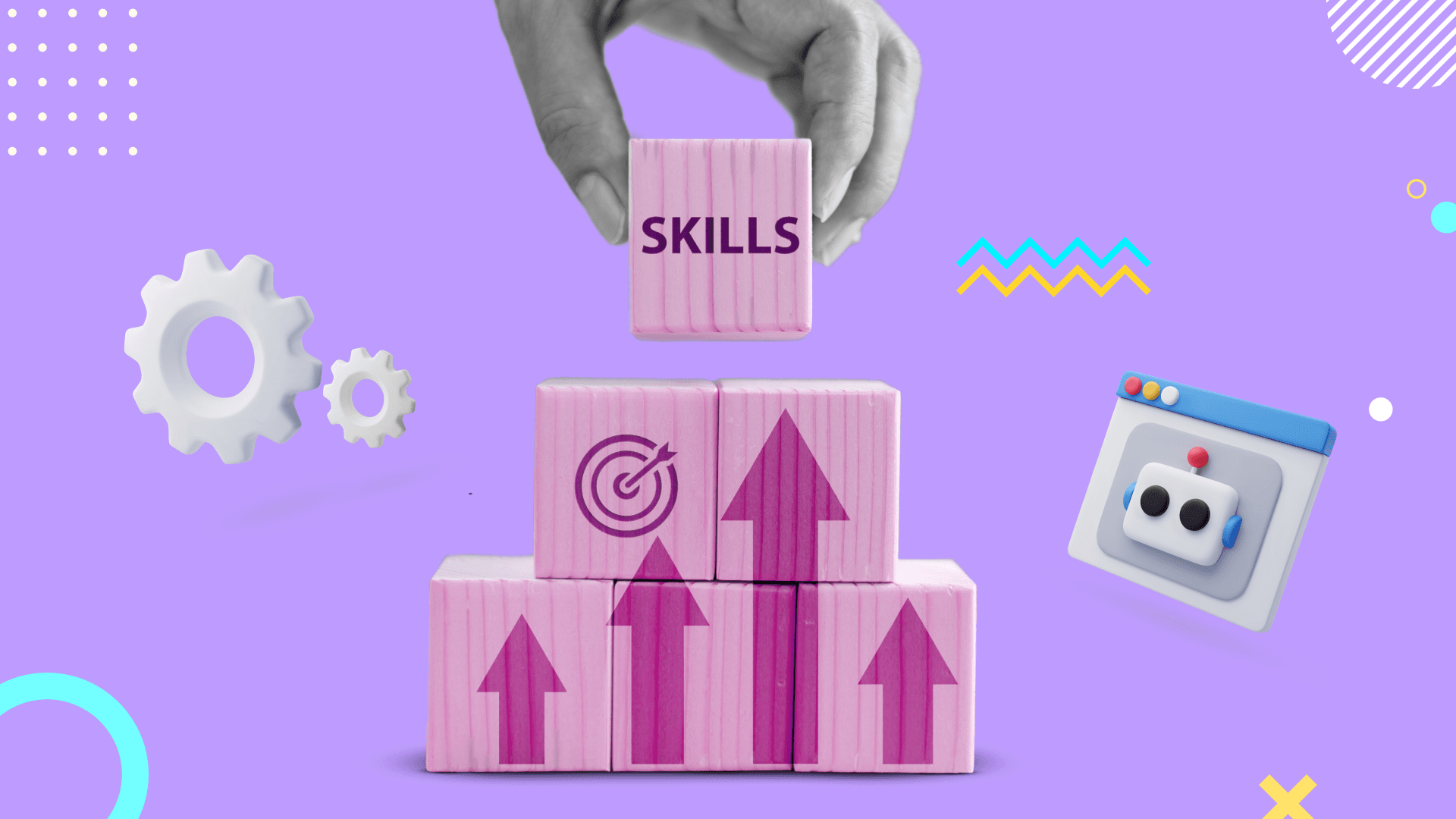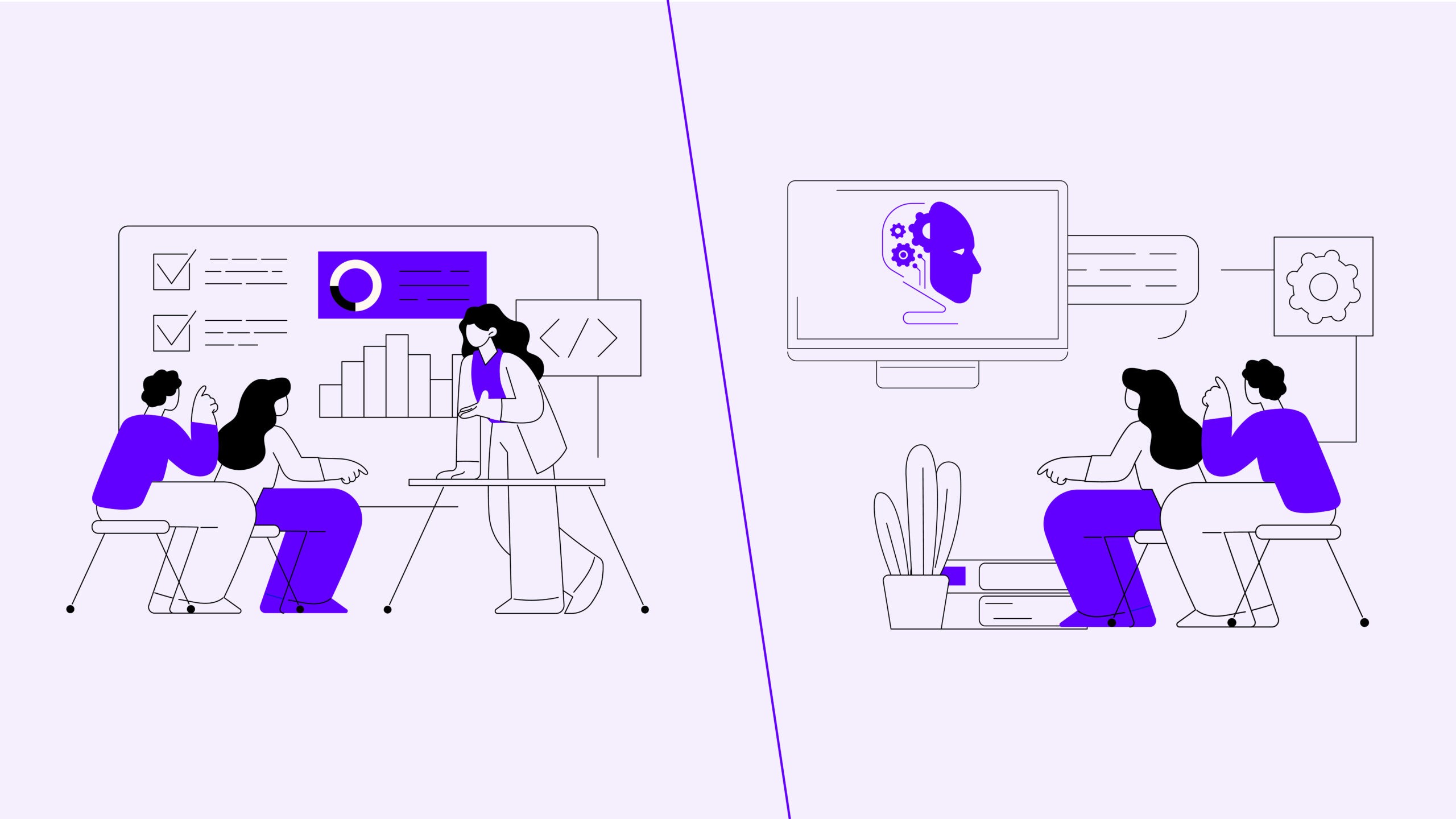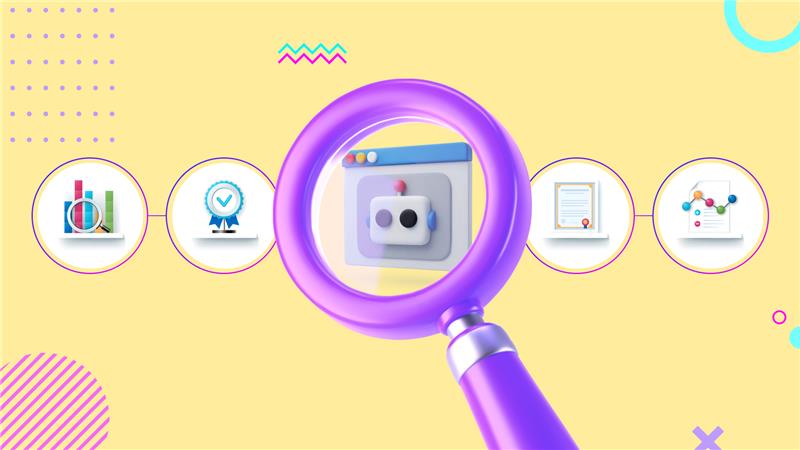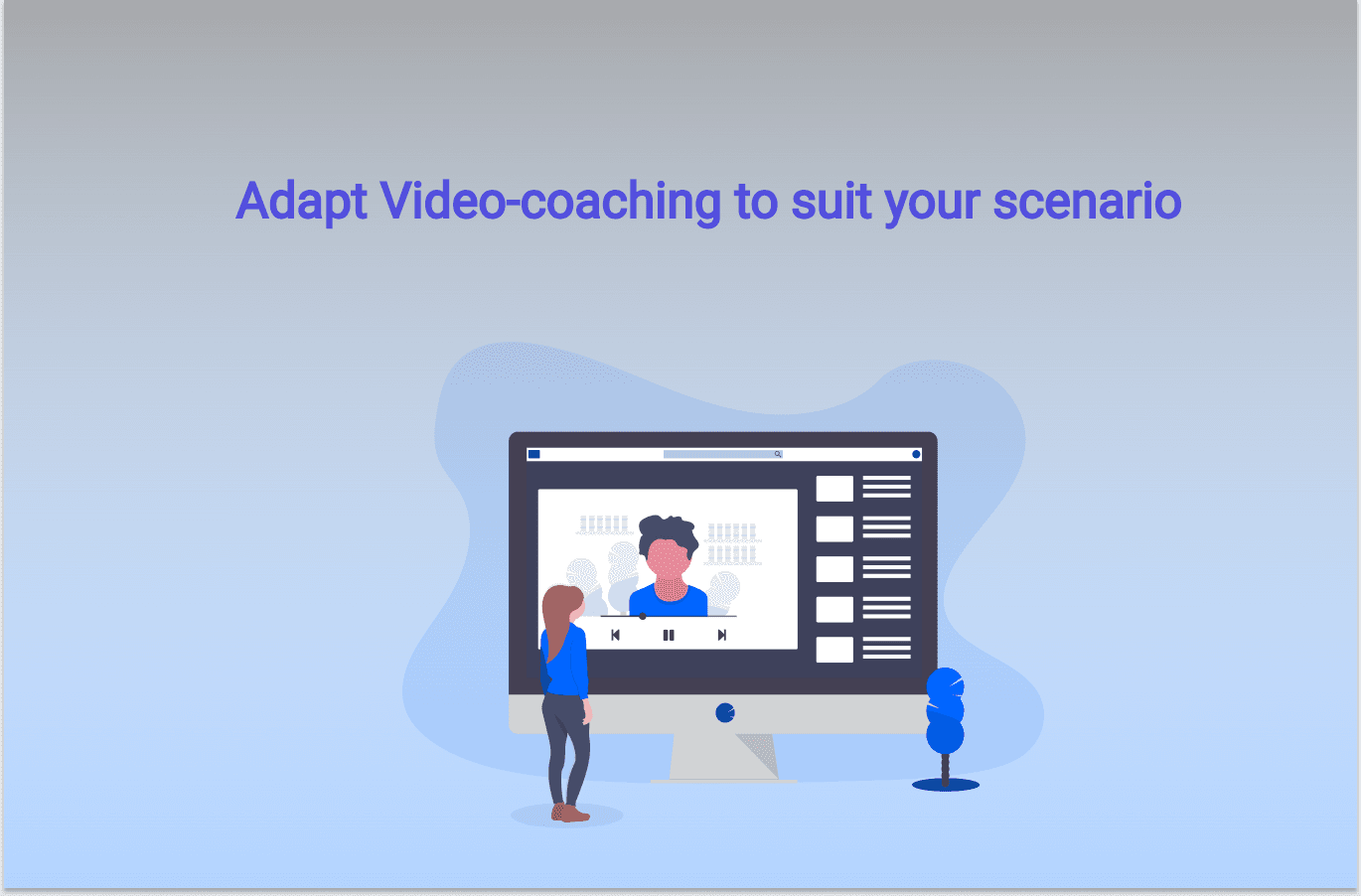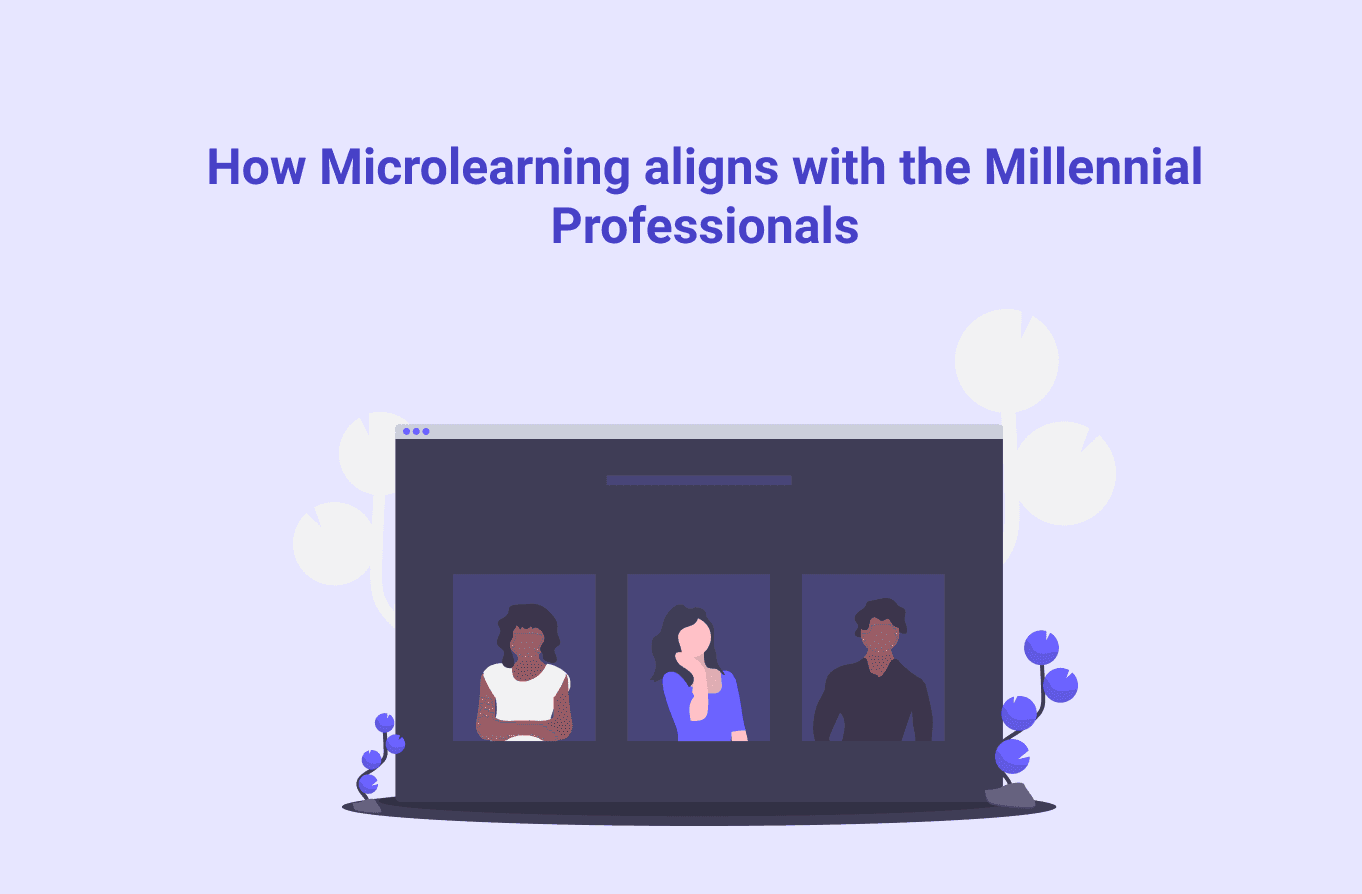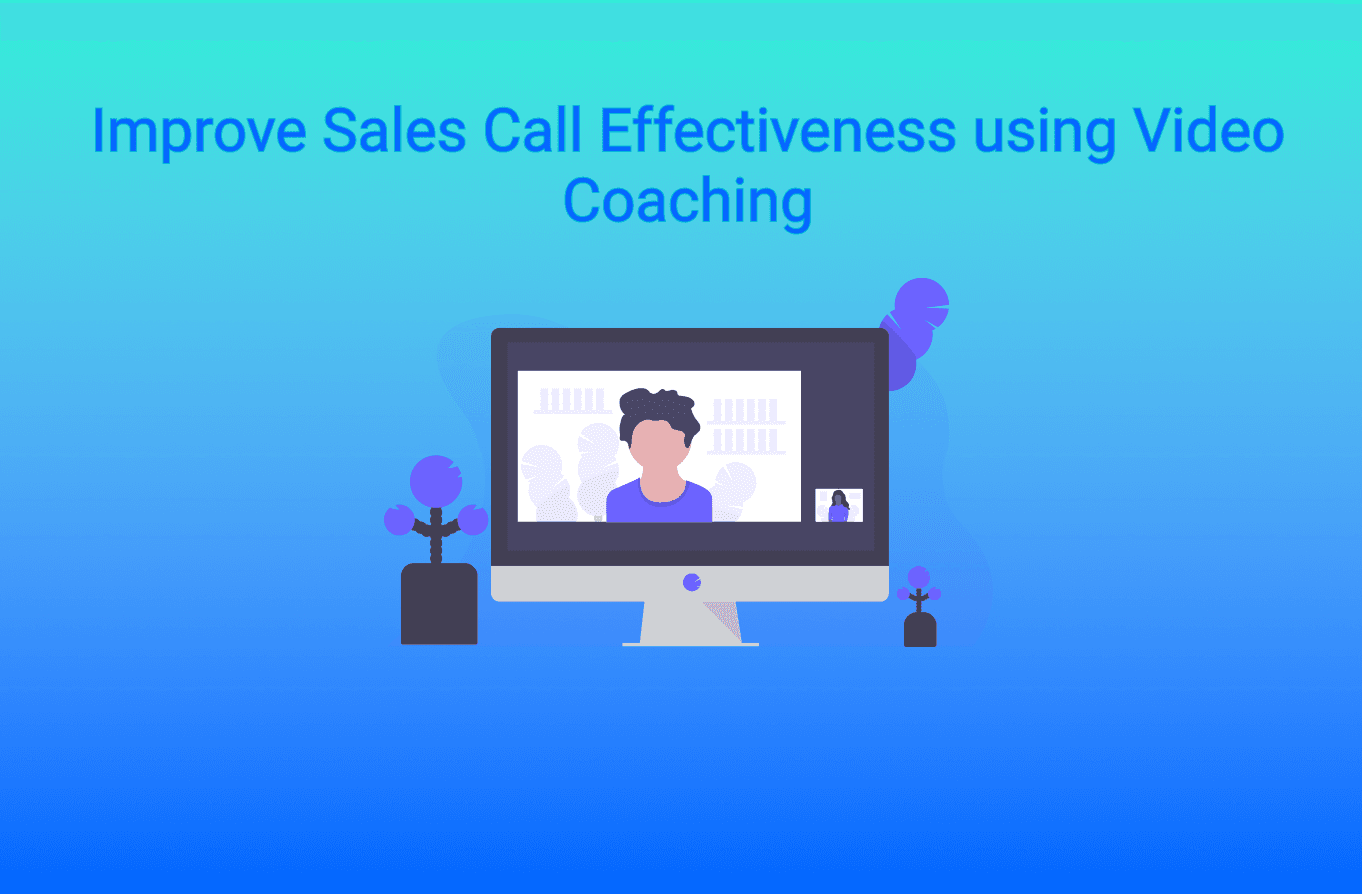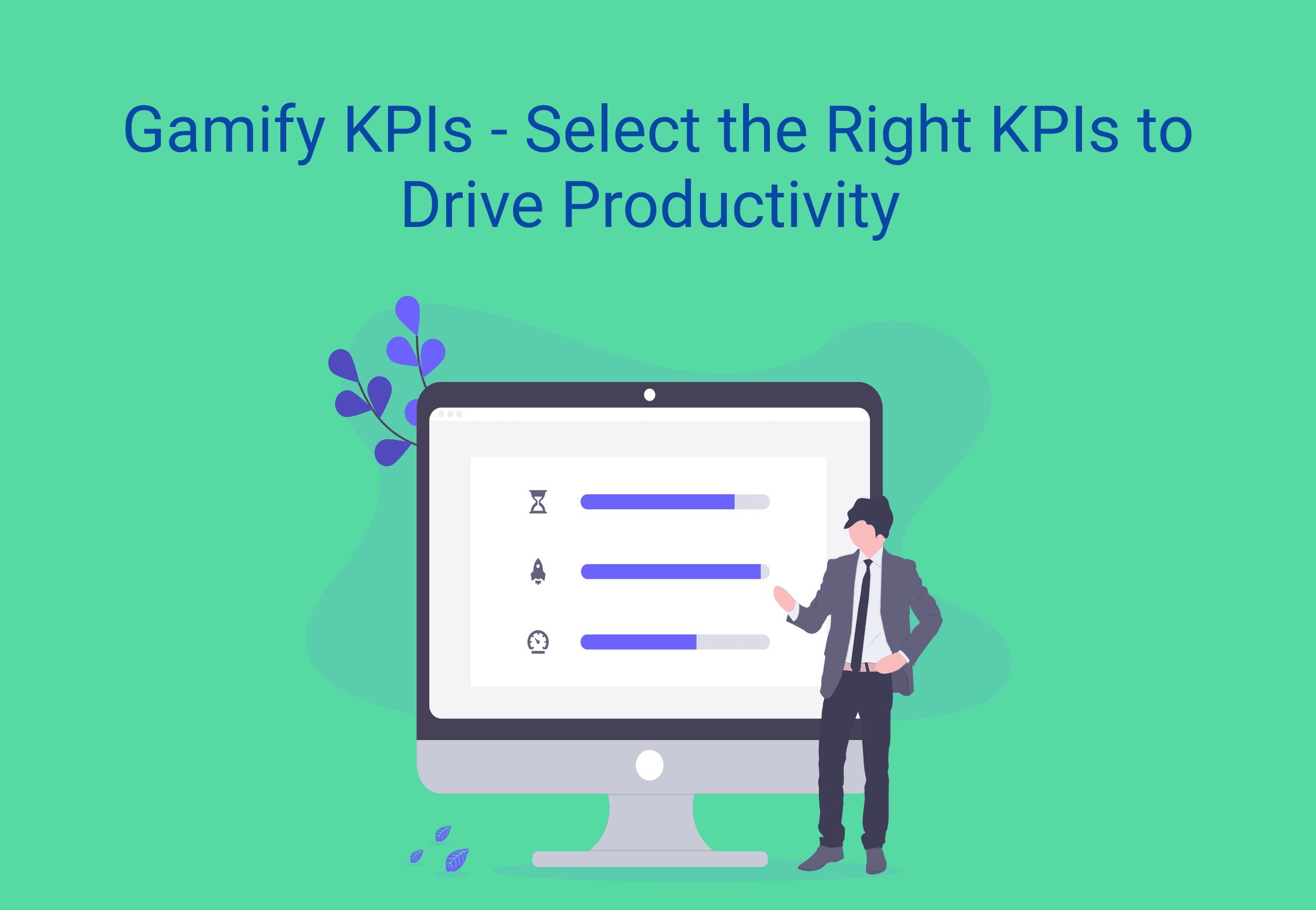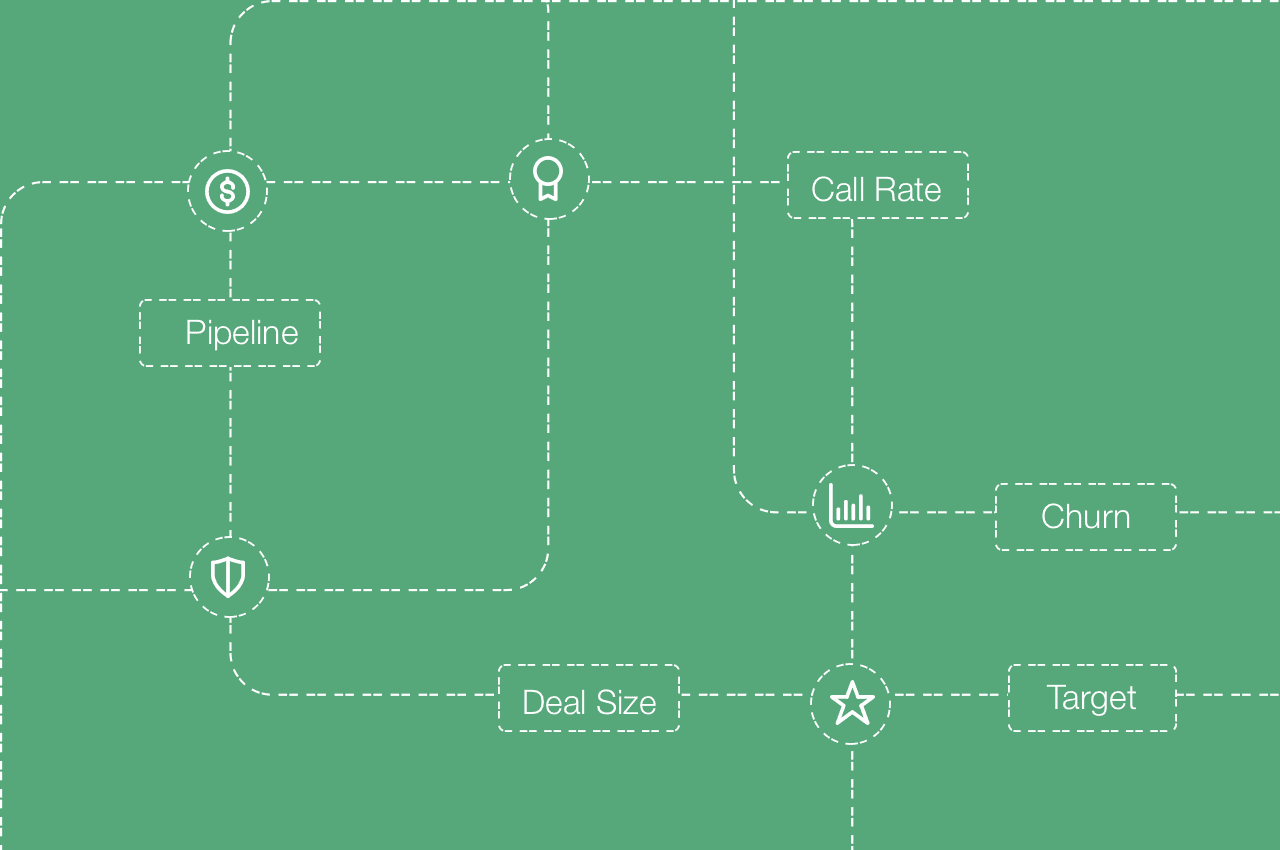77% of the learning is forgotten within 6 days if it’s not reinforced
When it comes to retaining information in the memory, our brain has a strict use it or lose it policy. So, it’s natural for your reps to forget their training if they don’t revisit it. Apart from that, sales reps also need to be up-to-date with a lot of dynamically changing information like,
Introduction of new products and features
Publish of new referenceable case studies
Ever-changing competitors’ strategies
Dynamic industry changes etc
All-in-all, sales reps need to always maintain their level of knowledge and sustain their overall sales-readiness.
This can be done with the help of regular knowledge reinforcement. Sales knowledge reinforcement helps in:
Providing consistent and continuous learning opportunities to the reps
Ensuring that the reps can apply their skills and knowledge on the job
Using data-driven methodologies to proactively identify gaps and address them
In this blog, you are going to explore:
Various ways of providing knowledge reinforcements
Benefits of regularly reinforcing knowledge
And how to measure the ROI of your reinforcement efforts in order to justify your training investments
Ways to facilitate knowledge reinforcement
The best part about knowledge reinforcements is that there are a lot of creative ways in which the learners get to revisit and learn various training concepts. Here are a few famous ways:
1. Microlearning
Microlearning is a learning process where you break down the lengthy training content into smaller nuggets. Then, convert these nuggets into interesting media formats like infographics, animated videos, podcasts, storyboards, etc, and deliver them to the learners regularly on their mobile devices. Microlearning feeds help the learners to:
Quickly and easily learn and digest the crisp content
Retain and remember that content for a long time
Access it any time, from anywhere, just with a few clicks on their mobile devices
2. Quizzes
This is another great way to facilitate information recall for the reps from time to time. Assign short quiz tests to them with about 5-10 questions. Assign a score for the quizzes. Like, 5 points per correct answer. This sparks a competitive spirit amongst the learners to try and beat each other’s scores in the quiz tests.
Conduct these quiz tests once or twice a week to drive effective information recall amongst your learners. This helps you to gauge knowledge retention and knowledge gaps amongst the learners. And, you can then take appropriate measures of training them further to close those gaps.
3. Video Coaching
While the above two reinforcement methods help in improving theoretical knowledge, this one improves your reps’ practical sales knowledge. Here you assign video coaching assignments to the reps and ask them to record a video demonstrating their sales conversation skills and submit it.
You can then review the submitted videos and give a score based on the performance. And, you can also give constructive feedback through which the participants can improve themselves going forward.
Also, you can select a particularly good video from a participant and mark it as a “Top Video” and share it with everyone.
Learn about the Best Practices to Drive Video Coaching
4. Customized learning paths
In this method of learning, you reinforce crucial concepts through a learning path that is customized for each individual.
Here, you create a structured learning path with various modules and assign it to the learners to complete. Each module will contain a mix of training content like videos, PDF’s, Just-in-time learning content, assessments, etc. The learners need to finish these modules in a sequence in order to finish the whole learning path. You can set certain restrictions for these learning paths in order to take the learners through the path in a sequence. For example:
a learner can access the next module only after completing the module before that.
the learner has to achieve a certain threshold score in a module in order to proceed to the next module.
a module will be available for the learners to access only on a specific date.
Benefits of regularly reinforcing crucial information
Let us now look at some of the benefits of the regular reinforcement of knowledge:
1. Engages reps in continuous learning
Engaging oneself in continuous learning and gaining knowledge is the key to achieve proficiency. What can be a better way to facilitate continuous learning for your reps than to provide regular reinforcements?
Regular reinforcements ensure that your learners are exposed to crucial concepts over and over again at regular intervals. This makes them knowledgeable. Develops them as the best sales professionals.
2. Improves product information recall
It’s extremely crucial for sales reps to remember minute details of every product that they sell. Without proficient product knowledge, their selling is bound to fail. So, it’s important that you reinforce crucial product information to them on a daily basis.
Pro-tip: Leverage early morning hours to reinforce product information. Morning is the time when everyone’s brain is fresh and distraction-free. Most people tend to check their phones as soon as they wake up. So, every morning, make sure that you deliver microlearning feeds or quiz tests on the product information to the reps. This ensures that they go through crucial product information as the first thing in the morning. This helps them greatly in learning and retaining that information.
3. Mitigates the “forgetting curve”
Ebbinghaus forgetting curve and other cognitive studies state that humans forget 50% of the information within an hour of learning it. And, this goes up to an average of 70% within 24 hours. Knowledge reinforcements help to effectively mitigate the learning curve. You can strengthen your reps’ memory by up to 80% by using reinforcement techniques like
Microlearning with spaced repetition
Quizzes
And customized learning paths in their learning regime
4. Ramps up new hires quickly
According to a poll conducted by the CSO insight, 59% of the companies take more than 6 months to get their new reps up to speed. The average tenure of a millennial rep is around 24 months. So waiting 6-12 months for them to perform optimally means you may be losing 50% of their performance capacity.
But, by incorporating knowledge reinforcements perfectly into the onboarding program, you can get your new hires to full productivity within just 90 days.
5. Improves client retention
When your reps are equipped well with all the product and sales knowledge, they will be able to position the product perfectly for the customers. They will be able to quickly provide all the service and support that the customers need.
They will be able to do the role of a consultant rather than a seller. This makes the customers happy and satisfied. As a result, it drastically improves your client retention rate.
6. Facilitates distance training
Knowledge reinforcement becomes even more crucial when you have to facilitate distance training. Like,
When you have to provide learning opportunities to your remote staff who are working from home due to the COVID crisis
Or, when you need to facilitate continuous training and development to your sales teams that spread across various regions or territories
In such cases, when you cannot bring people together under one roof to train them, providing regular knowledge reinforcements is the best way to go about it.
7. Improves sales and profitability
A knowledgeable salesforce is the biggest competitive advantage that you can have. And, regular knowledge reinforcement helps a great deal in developing your salesforce into highly knowledgeable and talented sellers.
How to measure the ROI of these efforts?
Now that you are aware of the knowledge reinforcement concept and its benefits, let us take a look at how you can measure the ROI of your reinforcement efforts and investment. This comes in handy for you to justify your training efforts and investments to your management.
1. Measure activity metrics
To gauge the success of your knowledge reinforcement efforts, the first thing that you need to measure is if there is any improvement in the activity metrics of the reps.
It indicates that your efforts are successful if there is an overall increase in the
Number of leads brought in to the pipeline
Number of first-time appointments made
Number of demos given
The progress in the sales pipeline
The average customer conversion rate
You can measure these metrics of your sales team, once every month
2. Measure time to productivity of new hires
Another success indicator that you need to look at is the time to productivity of your new hires. If your knowledge reinforcements are working then it shouldn’t take more than 3 months for your new hires to get to full productivity at work.
3. Measure if you are getting more sales and less customer support requests
This is another great indicator to prove the ROI of your reinforcement efforts to your management. Compare the amount of sales generated and the number of customer support requests received before and after enforcing knowledge reinforcements. If your efforts are successful then you should see,
More sales
More number of referrals from the existing customers
And less number of customer support requests after the implementation of knowledge reinforcements
4. Measure quarter-on-quarter or year-on-year growth
Lastly, you need to measure if your training efforts have contributed towards achieving the bigger goals of your organization. Measure quarter-on-quarter or year-on-year growth in various areas like:
The client retention rate
Number of deals won
Overall revenue generated
Profitability etc.
If you observe a consistent growth in these areas then it means that your efforts are bearing fruits.
Final Words: SmartWinnr has helped a lot of global companies to improve their sales teams’ knowledge proficiency by 21% through a structured knowledge reinforcement strategy.
Want to implement this at your organization too? Book a free demo with us today!
Check out some Interesting Insights on cognitive studies and Knowledge Retention
3 insights from Cognitive Science that will drive your employee knowledge
Ways to Challenge the Forgetting Curve
More Resources on Microlearning
How does Microlearning Support Virtual Training?
How to Convert a PowerPoint Presentation into Microlearning Content?
Microlearning as a supplement for LMS
Learn about the ideal learner’s journey that helps to create sales experts out of sales reps
The Learner’s Journey: Making of a Sales Expert
Related Posts
Looking for a sales training software that takes your sales training to a whole new level?
Explore SmartWinnr’s Learning and Gamification features. Learn how to run fun and engaging sales training and sales coaching for your team through SmartWinnr.
Curious to learn more about it? Book a demo today!




